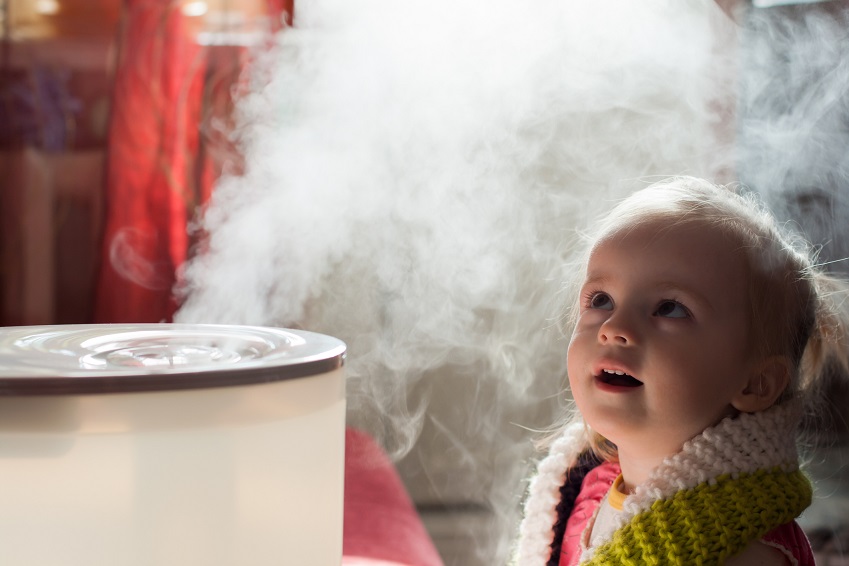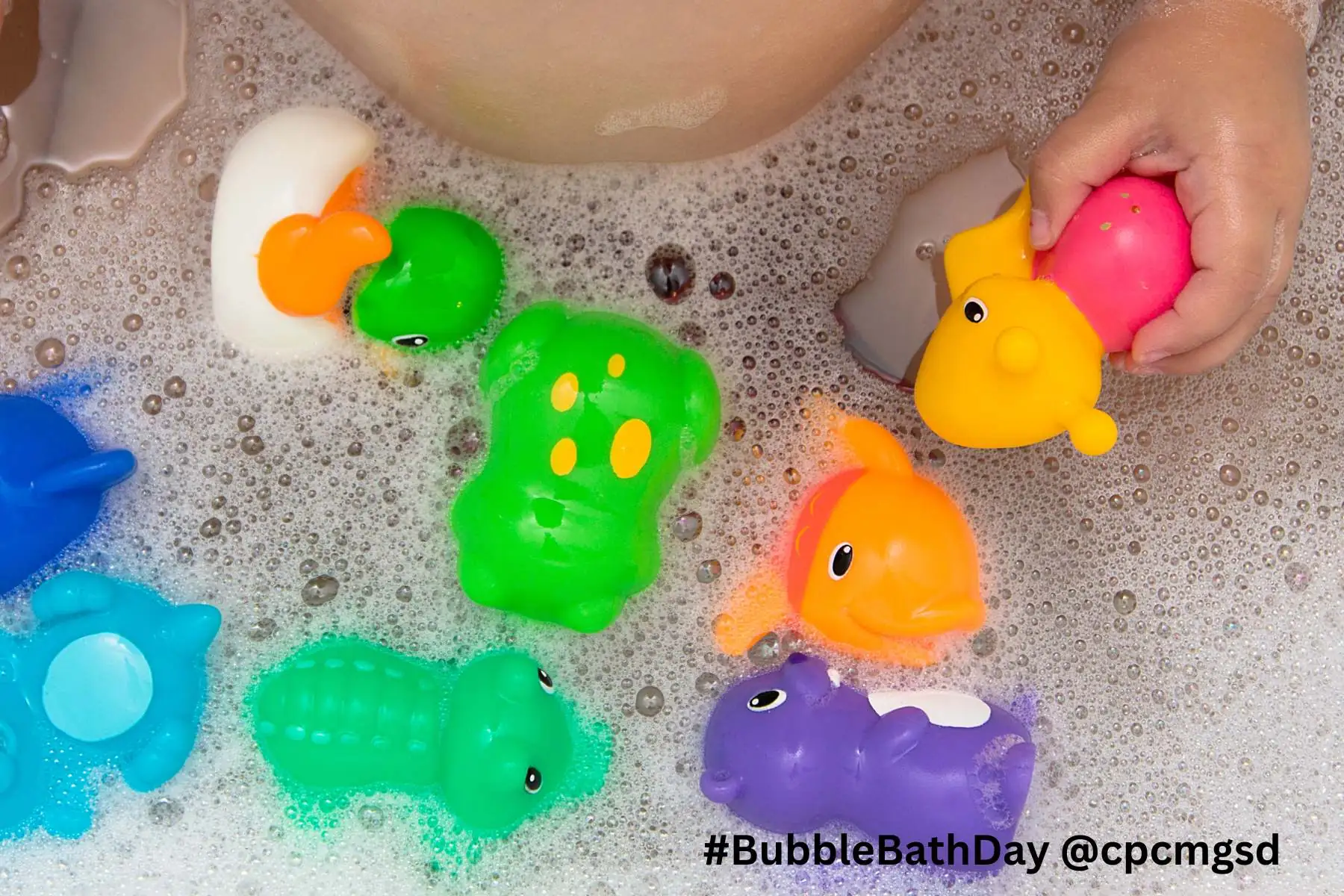SIX REASONS WHY MARIJUANA AND KIDS DON’T MIX
Even though marijuana may be legal for adults, it is not safe for children and teens. Young brains are still growing, and using marijuana can cause real problems. Here are
Continue ReadingEARTH DAY ADVENTURES FOR FAMILIES
Earth Day is a perfect opportunity for families to take part in activities that promote environmental awareness while also fostering healthy habits for children. At CPCMG, we believe that celebrating
Continue ReadingBEDWETTING: MORE COMMON THAN PARENTS MIGHT THINK
Bedwetting, or nocturnal enuresis, is a common issue many children face as they grow and develop. Many children are fully toilet trained (and no longer wetting the bed at night)
Continue ReadingASK THE PEDIATRICIAN: HOW TO HANDLE DAYLIGHT SAVINGS TIME
As we prepare to "spring forward" for Daylight Savings Time (DST), parents may find themselves facing disruptions in their children's sleep routines. While the time change might seem like a
Continue ReadingASK THE CPCMG PEDIATRICIAN: Is it safe to give my child raw milk?
Unfortunately, there is a lot of misinformation about raw milk online and in social media content from wellness influencers. Here’s why raw milk is unsafe for children. Raw milk can
Continue ReadingEIGHT TIPS FOR SAFE DRIVING IN THE RAIN
Whether you're a seasoned driver or a teen who just got their driver’s license, driving in rainy weather can pose challenging conditions. Explore these tips for safe driving in the
Continue ReadingSEVEN TIPS TO HELP YOUR CHILD THROUGH A COLD
Did you know that most kids will have at least six to eight colds a year and are more likely to have colds during the fall and winter? Children under
Continue ReadingASK THE CPCMG PEDIATRICIAN: Bubble baths
A bubble bath could make bath time a lot of fun for my toddler. Is this a safe option to help my child stay clean? Bath time is a great
Continue ReadingYOUR FAMILY’S 2025 HEALTHCARE RESOLUTIONS
It’s the new year and the perfect time to focus on your family’s health and safety. Stay on schedule with annual well visits. The annual well visit gives CPCMG providers
Continue ReadingSick or injured? How to get the best care for your child
When your child is sick or injured, knowing where to take your child for the most appropriate medical care is very important. But how do you choose the best option
Continue Reading









